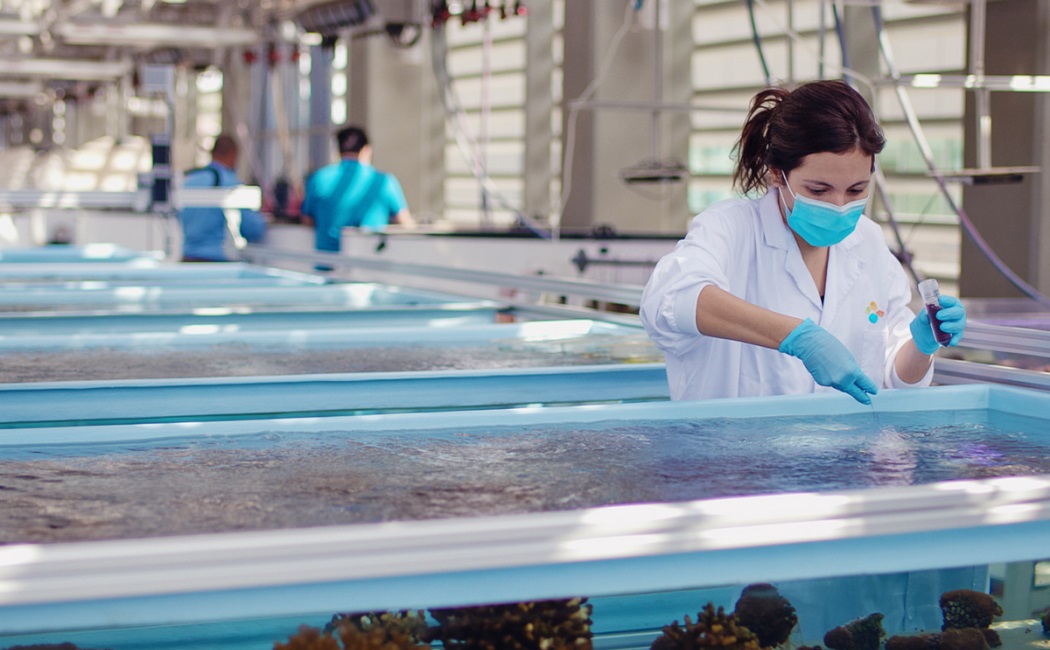
Prof. Peixoto contributes to global framework for microbial climate solutions
10 April, 2025
Raquel Peixoto, Associate Professor of Marine Science at KAUST, is among the global experts contributing to a newly released framework for microbial climate innovation. Developed by the American Society for Microbiology (ASM) and the International Union for Microbiological Societies (IUMS), the report outlines how microbial processes can be leveraged to mitigate climate impacts, drive economic resilience and support global sustainability targets.
As a member of the Scientific Advisory Group, Peixoto helped shape the report’s core focus areas:
- Microbes for a non-fossil carbon economy
- Microbes for food security and ecosystem resilience
- Microbes for urgent methane mitigation
The report is complemented by a Nature article proposing a global framework for evaluating microbial innovations that are scientifically sound, economically viable, and societally beneficial.
Peixoto’s contribution reflects KAUST’s leadership in microbiome science and marine conservation. Her Marine Microbiomes Lab focuses on microbiome-based strategies to restore coral reefs and strengthen ecosystem resilience in the Red Sea. This work contributes to KAUST’s broader efforts to protect marine ecosystems both locally and globally.
- Read the report: https://asm.org/climatesolutions
- Read the Nature article: https://doi.org/10.1038/d41586-025-00875-w